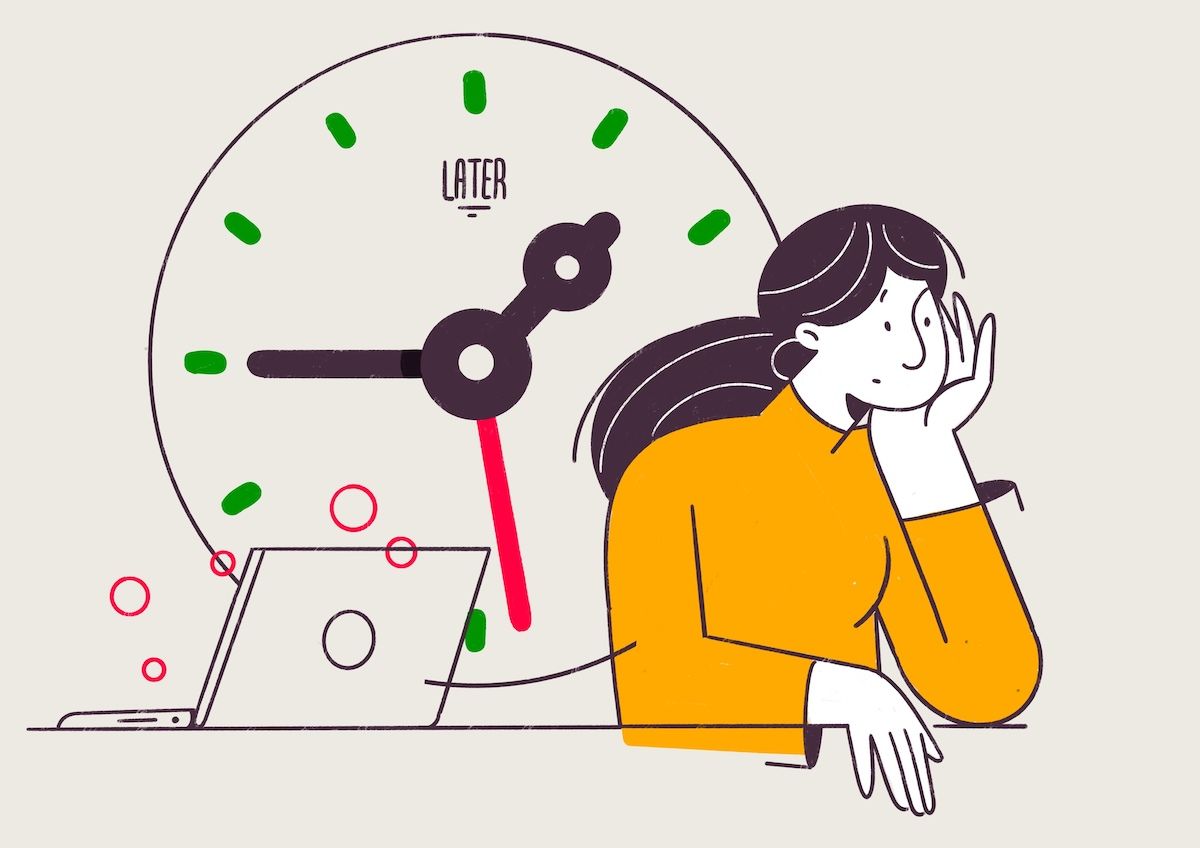What Impact Does Birth Order Have On Personality?
Most firstborns are responsible, successful, and have leadership qualities. Lastborns are outgoing, playful, and may exhibit a rebellious streak, whereas middleborns are typically adaptable and skilled at negotiation. Strong relationships with adults and advanced communication skills are common among only children.
Read More



